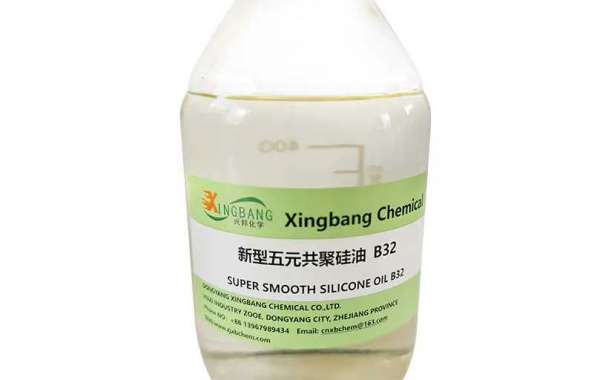Finishing agents play a crucial role in the final stages of textile processing, imparting specific properties to fabrics to meet consumer preferences and industry standards. These agents contribute to the enhancement of textile characteristics such as softness, wrinkle resistance, flame retardancy, and water repellency, among others.
Common types of finishing agents include softeners, which improve the feel and drape of fabrics, and wrinkle-resistant agents that minimize creasing. Flame retardant finishing agents provide textiles with fire-resistant properties, making them suitable for applications where fire safety is critical. Water repellent finishes, on the other hand, enhance the fabric's resistance to water penetration.
The selection of finishing agents depends on the desired properties of the final textile product. Finishing agents not only improve the functional aspects of textiles but also play a key role in meeting the diverse and evolving preferences of consumers.








